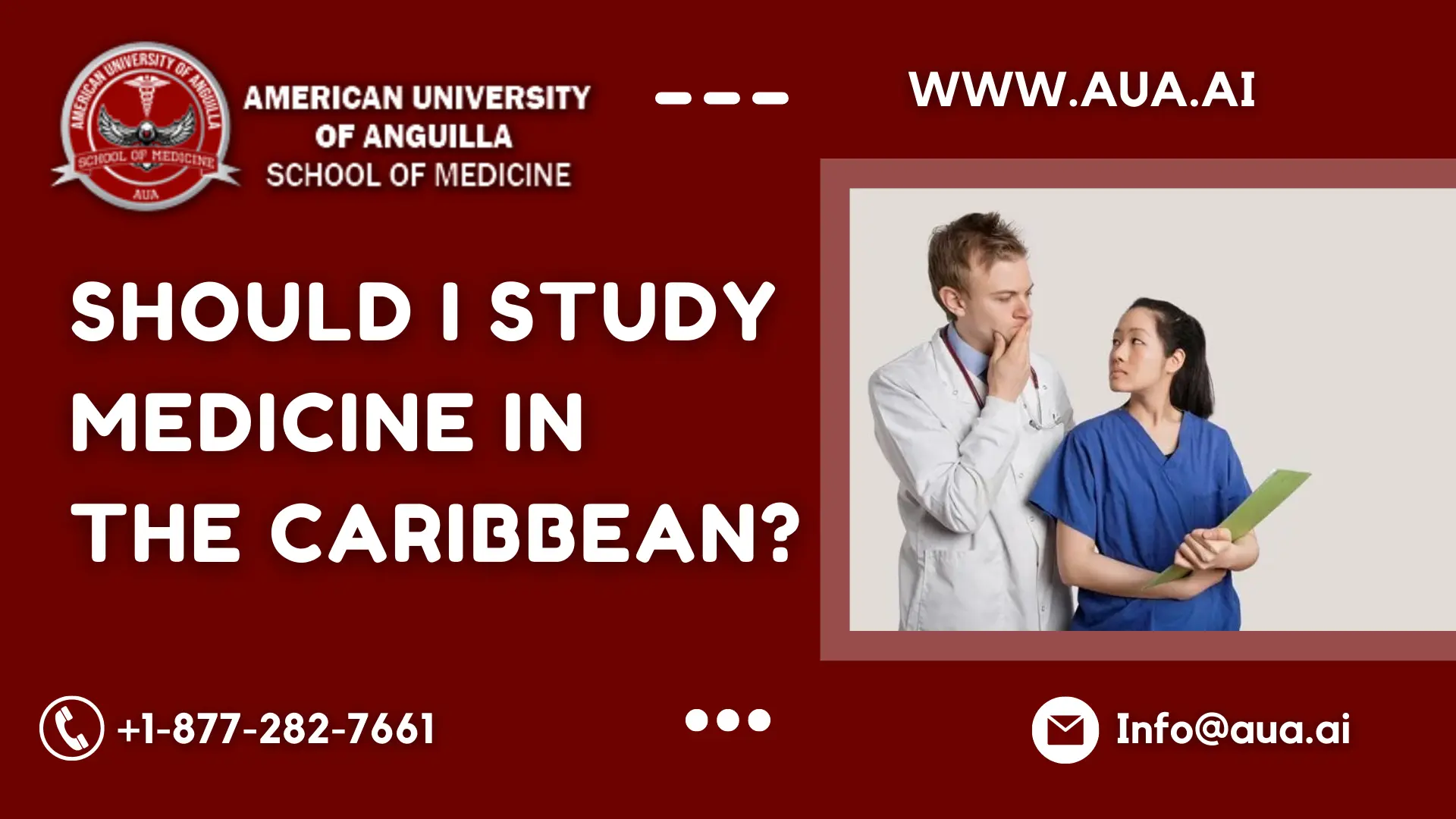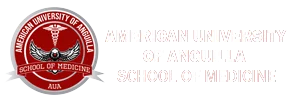

Blogs
Should I Study Medicine in the Caribbean? 5 Things to Consider
Getting into medical school is anything but easy. Every aspiring physician spends a considerable amount of time acquiring relevant experience, completing medical school prerequisites, obtaining letters of recommendation, and filling out applications. And that doesn’t even cover how much effort goes into studying for the MCAT and maintaining a strong GPA.
One alternative pathway to studying medicine is attending an international medical school like American University of Anguilla (AUA). AUA offers a modern campus, robust student support services, and a strong reputation for residency placement success.
Even with that in mind, you may still be wondering whether you should study medicine in the Caribbean. It’s understandable to have some concerns about attending medical school in such an unfamiliar place—but it might be a better option than you realize.
5 things to know when considering a Caribbean medical school
To truly understand what it’s like to study in the Caribbean, it’s helpful to hear from former students who have walked that path before you. See if their perspectives can help you decide whether a Caribbean medical school could be a good fit for you.
1. Some Caribbean med schools are head and shoulders above the rest
It’s easy to lump all Caribbean medical schools together. But the truth is that not all international programs offer the same quality of education. The program at AUA, for example, was thoughtfully developed to provide the training and tools needed for medical students to succeed.
When comparing programs, it’s important to review a medical school’s accreditation to understand that a university has taken the steps to ensure its students will have the same opportunities for residencies in the United States as other schools.
2. Studying abroad can benefit your ability to learn
Medical school is a challenging time for aspiring physicians. You need to commit to a rigorous study schedule if you want to be successful. And that often means limiting family visits and social events.
3. Med students readily support one another
Trying to gain acceptance to medical school often feels like a fierce competition. Everyone is vying for the same limited number of spots, so many AUA students are surprised by the supportive environment they encounter. There are plenty of resources built right into the program, and students genuinely want their peers to succeed.
And classmates aren’t just temporary study buddies. Making lifelong friends seems to be a shared experience among AUA students.
4. Outcomes are better than you might expect
Graduating from medical school doesn’t mean much if you don’t match for a residency. Without completing your postgraduate training, you can’t obtain your medical license. Some students assume they’ll have fewer residency placement opportunities if they study medicine in the Caribbean. Critics have falsely posed that international medical graduates are only capable of matching for primary care fields.
5. Trust your own instincts
Having trusted mentors can be a huge help when making any major life decision. That’s certainly true when trying to determine whether you should study medicine in the Caribbean. Just don’t lose sight of the fact that it’s ultimately your future.
Find success studying at a Caribbean medical school
Regardless of where you attend medical school, the path to becoming a physician will be challenging. But if students choose a program that offers sample support resources, they’ll be able to navigate through any obstacles thrown their way.
